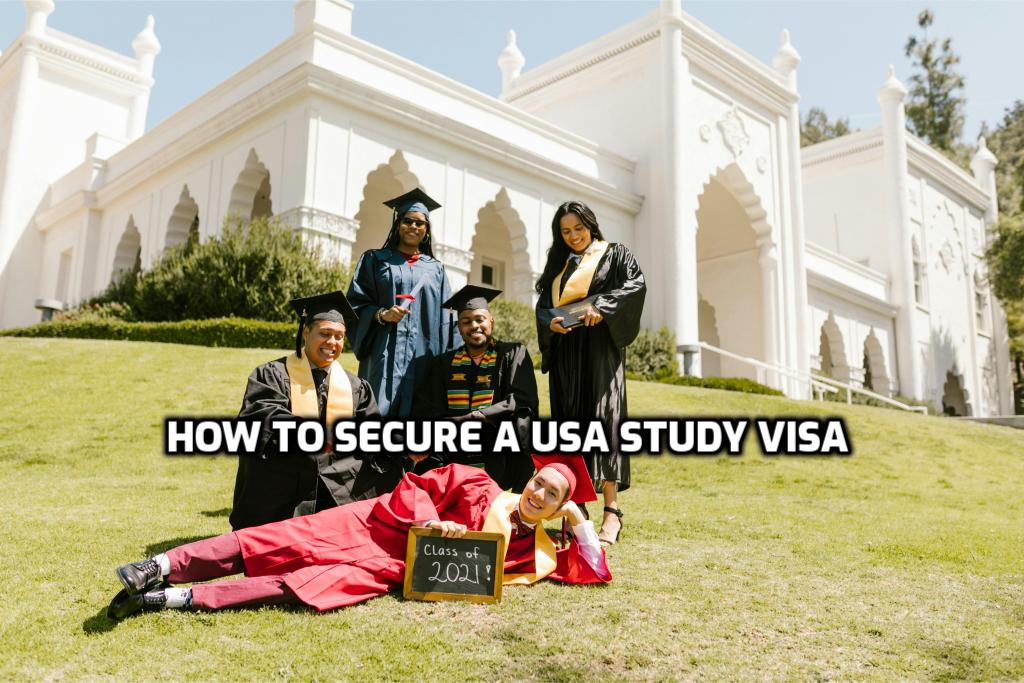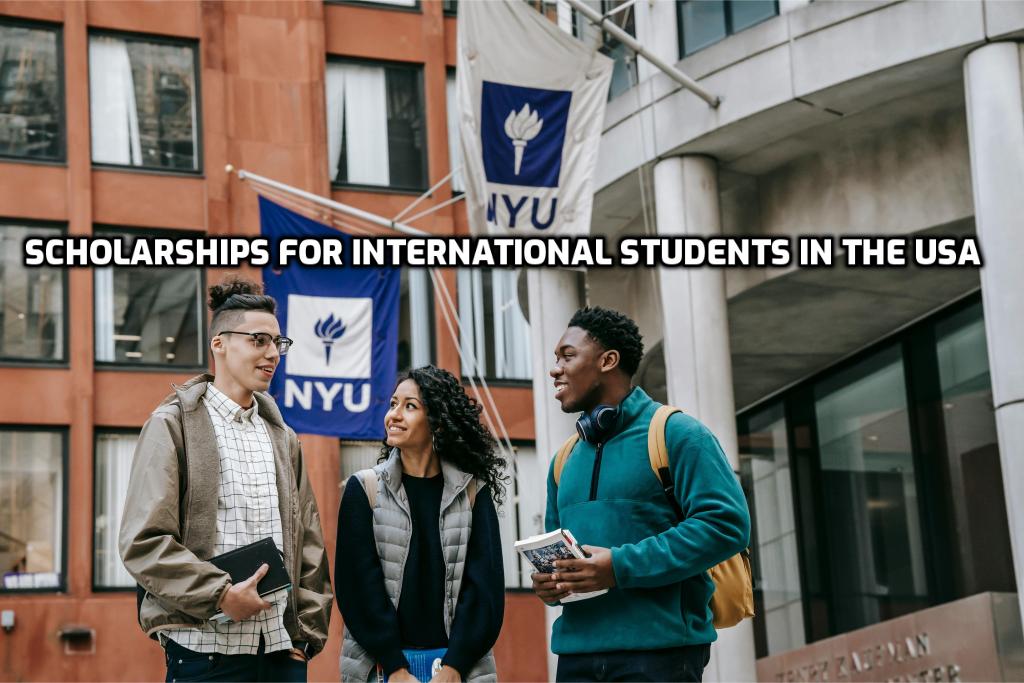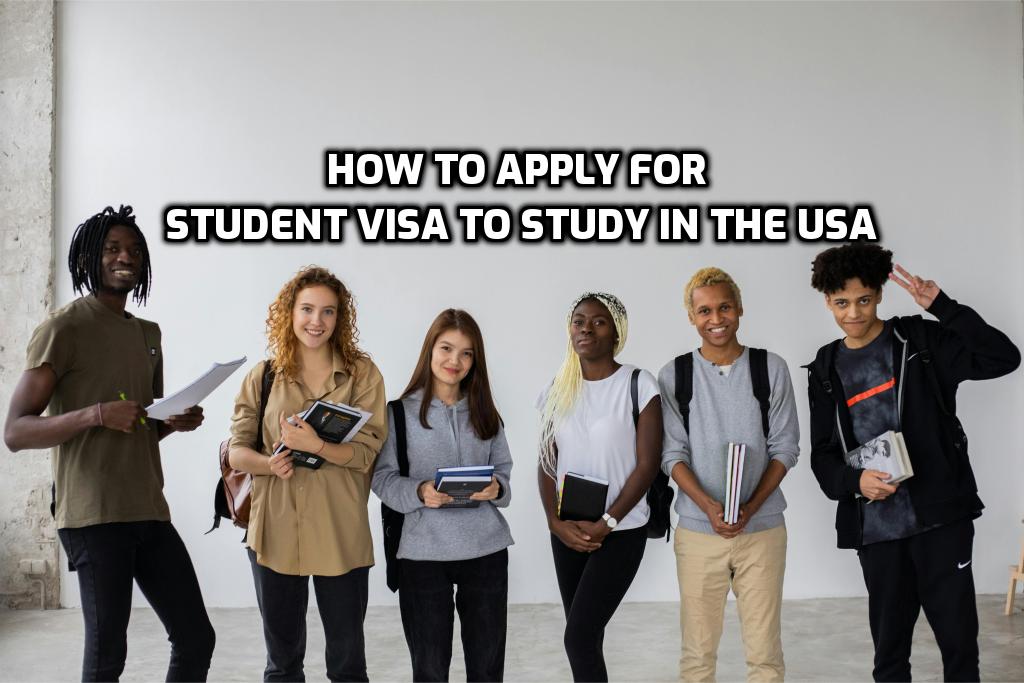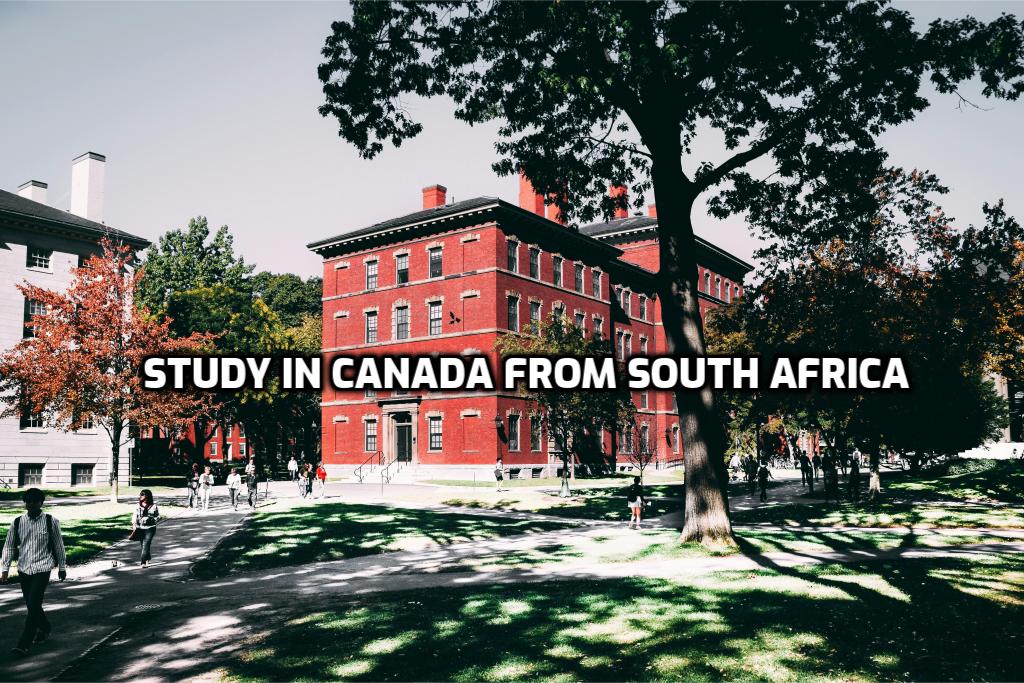Studying in the United States as an immigrant can be a transformative experience. With world-class universities and diverse learning environments, the U.S. attracts students from around the globe. However, the financial burden of tuition fees, living expenses, and other costs can be overwhelming. Luckily, several scholarships are available for immigrants, which can significantly reduce these costs and help you study and work legally in the U.S.
Top Scholarships for Immigrants in the USA
In this guide, we will look at some of the top scholarships for immigrants in the USA, and how they can help you study and eventually work in the U.S. in 2025.
1. The United Negro College Fund (UNCF) Scholarships
UNCF offers various scholarships for African-American students, including immigrants who hold legal residency in the U.S. These scholarships are available to students pursuing undergraduate or graduate degrees, and they aim to increase the number of minority students obtaining college degrees.
Benefits:
- Full tuition coverage
- Living stipends
- Academic support
Eligibility:
- Immigrant status with legal residency
- A high school diploma or equivalent
- Enrolled at an accredited U.S. college or university
2. The Mexican American Legal Defense and Educational Fund (MALDEF) Scholarships
MALDEF offers scholarships for Mexican-American and immigrant students seeking higher education in the U.S. These awards aim to help students overcome financial barriers while promoting educational opportunities for underrepresented groups.
Benefits:
- Up to $5,000 per year
- Support for undergraduate and graduate students
Eligibility:
- Legal immigrant status
- Active participation in community service
- Academic excellence
3. The American Immigration Lawyers Association (AILA) Scholarships
AILA provides scholarships to immigrant students interested in studying law or other related fields. The goal of these scholarships is to support students who plan to give back to the immigrant community through legal advocacy or other career paths.
Benefits:
- Up to $10,000
- Can be applied to law school or other related programs
Eligibility:
- Immigrant status or child of immigrants
- Interest in law, public policy, or related fields
- Strong academic record and community involvement
4. The Green Card Lottery Scholarship
The U.S. government’s Diversity Immigrant Visa Program, also known as the Green Card Lottery, offers scholarships and financial aid for immigrants who receive a green card through the lottery. This is one of the easiest ways to gain permanent legal residency and, in turn, gain access to scholarships and other educational funding options.
Benefits:
- Green card upon selection
- Eligibility for state and federal scholarships
Eligibility:
- Immigrant status with a winning green card lottery entry
- U.S. high school diploma or equivalent
5. The Immigrant Youth Scholarship Program
This scholarship, offered by several U.S. educational foundations, is designed to support young immigrants pursuing their studies. It focuses on providing financial support to immigrants who arrived in the U.S. at a young age and are looking to pursue higher education.
Benefits:
- $1,000 to $5,000 in financial aid
- Open to undergraduate and graduate students
Eligibility:
- Immigrant status or DACA recipients
- Active in community and school activities
- Strong academic performance
How to Work Legally in the U.S. as an Immigrant
To study and work legally in the U.S., immigrants must comply with specific visa and work authorization requirements. Here are the most common ways to stay legally employed while studying in the U.S.:
- F-1 Student Visa: The F-1 visa allows students to study in the U.S. full-time. Students can work part-time on campus (up to 20 hours per week during the academic year) and full-time during breaks.
- Optional Practical Training (OPT): After completing their degree, F-1 students may apply for OPT, which allows them to work in their field of study for up to 12 months. STEM graduates can extend this period for an additional 24 months.
- H-1B Visa: After completing a degree, immigrants can apply for an H-1B visa to work in specialty occupations. Some scholarships may lead to employment opportunities that offer H-1B sponsorship.




